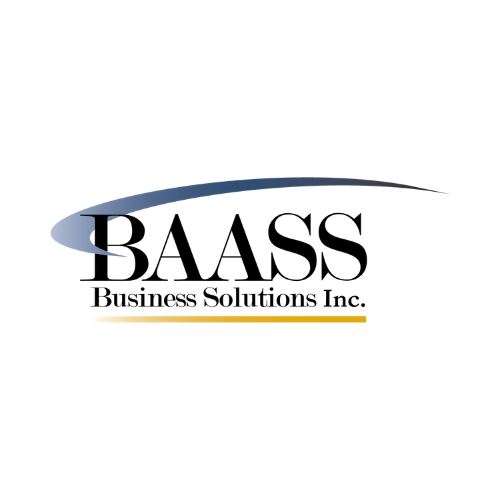Technology Evaluation Centers (http://www.technologyevaluation.com/)
In this article, we'll review the different reason why even private companies should prepare to adopt International Financial Reporting Standards (IFRS). We'll also devle into the reasons why asset-intensive industries should be excited to make the switch, and we'll discuss the specific steps in IFRS adoption.
What is IFRS & Why Do I Care?
It is perfectly logical to think of IFRS as a new set of accounting standards that some companies will be required to adopt, and one that companies in some countries have already adopted. By looking past the regulatory requirement to holistic business dynamics, we get a better picture of what IFRS really means.
IFRS is becoming the global language of business. In the future, companies will communicate with investors in public securities, bankers, customers, merger & acquisition consultants, and other influential parties. It will be a consistent standard that everyone will be measured against - whether you are in China, the US, Canada, Mexico or anywhere else. As the global economy begins to encompass more & more mid-market manufacturers, and as more of these companies have trading partners or even subsidiaries overseas, it will be important for companies to speak the same financial language as the rest of the globe.
The IASB developed IFRS. This new method of financial reporting has already been formally adopted by many countries who are members of the European Union (EU), and more countries are adopting this standard every day. Some of the key business drivers for IFRS included the need for consistent accounting standards & disclosure requirements. If you are using using US-based GAAP, or some other accounting standard, conduct international business operations, and you are dealing with IFRS, you are really operating with two different sets of records. This can be time-consuming, costly & challenging at the end of every month, quarter, and annum as the different sets of books are reconciled.
There are three basic reasons why manufacturers will want to be prepared for IFRS sooner than required by regulation - even if the private companies are not affected by the US Securities & Exchange commission (SEC) mandates;
- IFRS is important in order to access capital markets. Publicly held companies should find this attractive as an alternative method of obtaining capital, but if you are a private company, you are often entirely dependent on commercial lenders for capital. Analysts for these lenders are always looking at your company's progress, often comparing your company against competitors. Its is hard to do that without a uniform measure for comparing organizations.
- The increasingly global nature of business will make IFRS capabilities a business success factor. Some US manufacturers with subsidiaries in other countries that have rolled out IFRS will already have to run at least part of their business on international standards. Other companies planning to expand globally will want to develop IFRS capabilities proactively. There are already enough organizational hurdles to hanging a shingle in a different country without adding a new financial reporting methodology a the same time. Moreover, potential customers, particularly those located in geographies where IFRS is already mandated, will use international standards rather than US-based GAAP to evaluate the financial stability of their vendors.
To read the rest of the article & to learn more about IFRS & what it means to you, visit; http://www.technologyevaluation.com/Research/ResearchHighlights/ERP/2009/12/research_notes/RN_ERP_CA_MD_12_14_09_12.asp
